YouTube's 20th Anniversary: AI Set to Revolutionize Video Creation
@devadigax19 Sep 2025

YouTube, the undisputed king of online video, is celebrating its 20th anniversary this year, but the platform isn't resting on its laurels. Instead, it’s boldly venturing into a new era, one dominated by the transformative power of artificial intelligence. The implications are vast, potentially reshaping not only YouTube itself, but the entire landscape of online video creation and consumption.
The platform's recent moves strongly suggest that AI is no longer a futuristic add-on, but a core pillar of its future strategy. While specific details remain scarce, the whispers of AI-generated video tools are growing louder. This isn't just about algorithmic improvements to recommendation systems, which have been a staple for years. We're talking about AI that can create videos, potentially automating aspects of production from scripting and filming to editing and post-production.
This ambitious foray into AI-driven content creation holds immense potential. Imagine AI tools capable of generating high-quality video content at scale, catering to niche audiences with personalized experiences. Creators could leverage AI to automate mundane tasks, freeing up time for more creative endeavors. This could democratize video production, empowering individuals and smaller businesses who previously lacked the resources to produce professional-quality video.
However, the integration of AI also presents significant challenges. One of the biggest concerns revolves around the potential for misuse. The ease with which AI can generate video content raises serious questions about deepfakes, misinformation, and copyright infringement. YouTube will need to develop robust safeguards to combat these issues, potentially employing AI itself to detect and flag problematic content. This will require a delicate balance: fostering innovation while preventing the platform from becoming a breeding ground for harmful material.
Another challenge lies in addressing the potential displacement of human creators. While AI is likely to augment human capabilities, rather than completely replace them, the fear of job losses remains a valid concern. The platform will need to strategically navigate this issue, perhaps by focusing on AI tools that empower creators rather than directly competing with them. Training and education initiatives could be vital in helping creators adapt to the new landscape.
The economic implications are equally profound. The shift towards AI-generated video could alter the monetization strategies employed by YouTube and its creators. New revenue models may emerge, perhaps based on the usage of AI tools or the licensing of AI-generated content. The complex interplay between creators, AI tools, and the platform itself will necessitate a comprehensive re-evaluation of existing economic structures.
YouTube's foray into AI is not just a technological shift; it's a cultural one. The increasing prevalence of AI-generated video could reshape our understanding of authenticity and originality. As audiences become more accustomed to AI-generated content, discerning genuine human creativity from AI-generated output might become increasingly difficult. This raises questions about the value we place on human artistry and the emotional connection we forge with content created by fellow humans.
The success of YouTube's AI initiative will hinge on its ability to address these challenges proactively and responsibly. Transparency, user education, and ethical guidelines will be paramount in ensuring a positive and sustainable future for both the platform and its community. The coming years will be crucial in determining whether AI becomes a catalyst for innovation and growth or a source of disruption and upheaval for the world's largest video platform. YouTube's next chapter is being written, and AI is holding the pen. The story it tells will undoubtedly shape the future of video for years to come.
The platform's recent moves strongly suggest that AI is no longer a futuristic add-on, but a core pillar of its future strategy. While specific details remain scarce, the whispers of AI-generated video tools are growing louder. This isn't just about algorithmic improvements to recommendation systems, which have been a staple for years. We're talking about AI that can create videos, potentially automating aspects of production from scripting and filming to editing and post-production.
This ambitious foray into AI-driven content creation holds immense potential. Imagine AI tools capable of generating high-quality video content at scale, catering to niche audiences with personalized experiences. Creators could leverage AI to automate mundane tasks, freeing up time for more creative endeavors. This could democratize video production, empowering individuals and smaller businesses who previously lacked the resources to produce professional-quality video.
However, the integration of AI also presents significant challenges. One of the biggest concerns revolves around the potential for misuse. The ease with which AI can generate video content raises serious questions about deepfakes, misinformation, and copyright infringement. YouTube will need to develop robust safeguards to combat these issues, potentially employing AI itself to detect and flag problematic content. This will require a delicate balance: fostering innovation while preventing the platform from becoming a breeding ground for harmful material.
Another challenge lies in addressing the potential displacement of human creators. While AI is likely to augment human capabilities, rather than completely replace them, the fear of job losses remains a valid concern. The platform will need to strategically navigate this issue, perhaps by focusing on AI tools that empower creators rather than directly competing with them. Training and education initiatives could be vital in helping creators adapt to the new landscape.
The economic implications are equally profound. The shift towards AI-generated video could alter the monetization strategies employed by YouTube and its creators. New revenue models may emerge, perhaps based on the usage of AI tools or the licensing of AI-generated content. The complex interplay between creators, AI tools, and the platform itself will necessitate a comprehensive re-evaluation of existing economic structures.
YouTube's foray into AI is not just a technological shift; it's a cultural one. The increasing prevalence of AI-generated video could reshape our understanding of authenticity and originality. As audiences become more accustomed to AI-generated content, discerning genuine human creativity from AI-generated output might become increasingly difficult. This raises questions about the value we place on human artistry and the emotional connection we forge with content created by fellow humans.
The success of YouTube's AI initiative will hinge on its ability to address these challenges proactively and responsibly. Transparency, user education, and ethical guidelines will be paramount in ensuring a positive and sustainable future for both the platform and its community. The coming years will be crucial in determining whether AI becomes a catalyst for innovation and growth or a source of disruption and upheaval for the world's largest video platform. YouTube's next chapter is being written, and AI is holding the pen. The story it tells will undoubtedly shape the future of video for years to come.
Comments
Related News
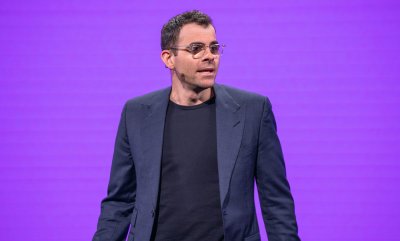
Beyond the Mic: Instagram Denies Eavesdropping, But AI's Predictive Power Redefines Digital Privacy
@devadigax | 01 Oct 2025
@devadigax | 01 Oct 2025
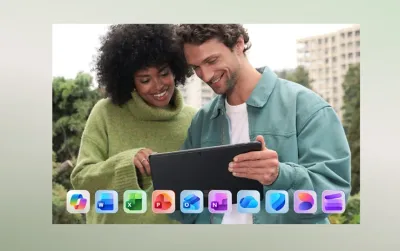
Microsoft 365 Premium Redefines AI Productivity, Bundling Copilot to Rival ChatGPT Plus Pricing
@devadigax | 01 Oct 2025
@devadigax | 01 Oct 2025
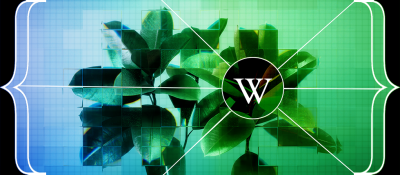
Wikimedia's Grand Vision: Unlocking Its Vast Data Universe for Smarter Discovery by Humans and AI
@devadigax | 30 Sep 2025
@devadigax | 30 Sep 2025
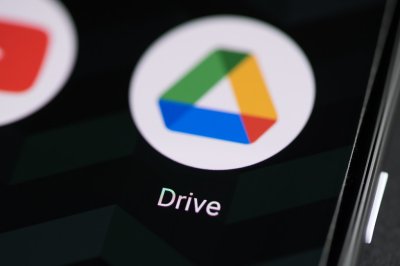
Google Drive Fortifies Defenses with New AI-Powered Ransomware Detection
@devadigax | 29 Sep 2025
@devadigax | 29 Sep 2025
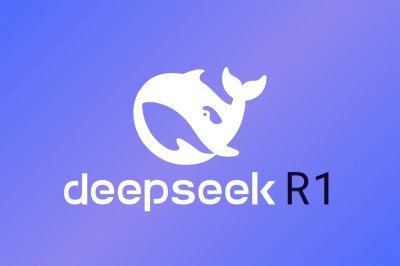
The DeepSeek Phenomenon: Unpacking the Viral AI Chatbot from a Leading Chinese Lab
@devadigax | 29 Sep 2025
@devadigax | 29 Sep 2025
 AI Tool Buzz
AI Tool Buzz